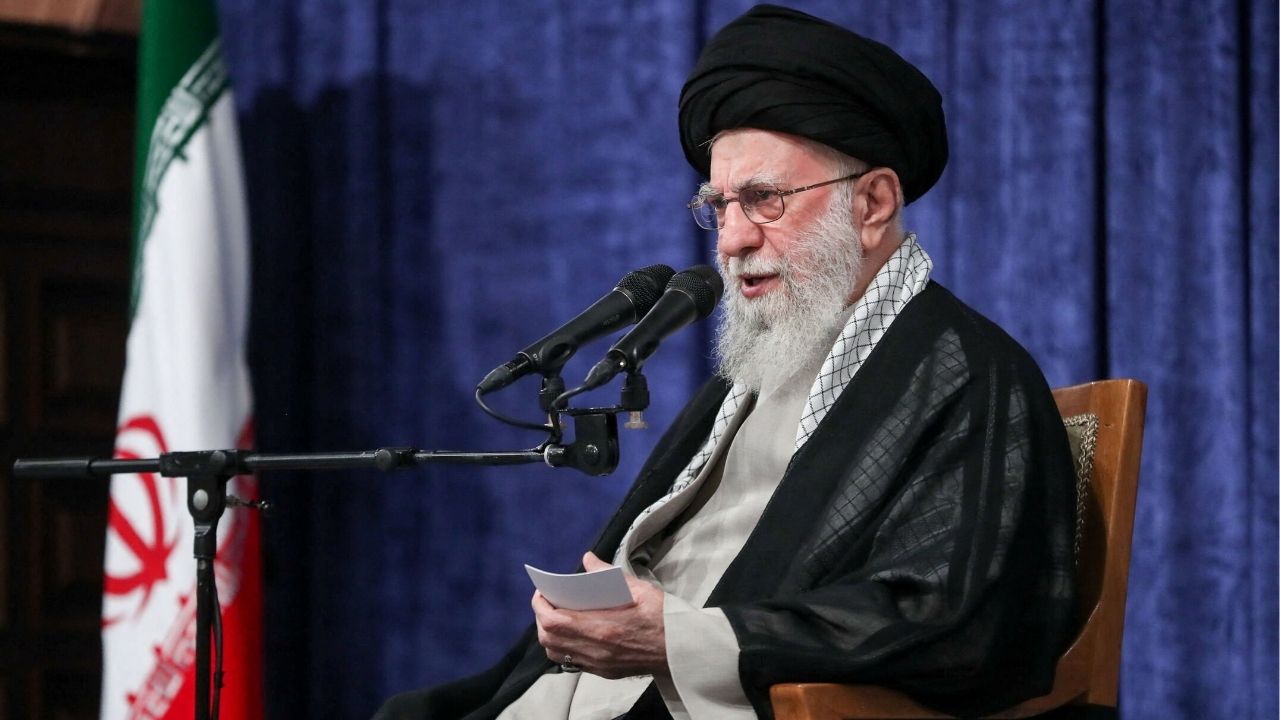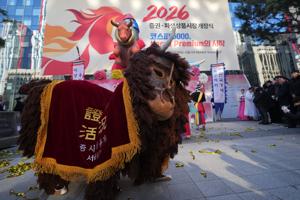Polling stations across Tanzania opened on October 7, 2023, as citizens cast their votes in a general election that could solidify the ruling party’s grip on power for yet another term. The ruling party, Chama Cha Mapinduzi (CCM), has been in control since the country’s independence in 1961, and this election is crucial for its continued dominance in Tanzanian politics.
In major cities like Dar es Salaam and throughout rural areas, voters are presented with a choice between several opposition parties and the incumbent candidates. The election is being monitored closely by local and international observers, with the National Electoral Commission overseeing the process to ensure fairness and transparency.
President Samia Suluhu Hassan, who took office in March 2021 following the death of her predecessor, is seeking to extend her party’s legacy. Her administration has faced criticism over human rights issues and the suppression of dissent, which has raised concerns among opposition leaders and civil society groups.
Voter turnout is expected to be significant, as many Tanzanians view this election as a pivotal moment for their country’s future. Opposition parties, including the Chadema party, are urging voters to participate actively to challenge the long-standing dominance of the CCM.
The stakes are high, as the outcome may determine not only the political landscape but also the social and economic policies that will shape Tanzania in the coming years. With a population of over 60 million, the implications of this election extend far beyond mere political power; they touch on the lives and aspirations of ordinary citizens seeking change.
As the day unfolds, reports from various polling stations indicate a mix of enthusiasm and apprehension among voters. Observers note that while many are eager to express their choices, there are underlying fears about potential disruptions and violence, given the tense political climate.
As the results begin to emerge in the coming days, the international community will be watching closely to gauge the implications of the election for Tanzania’s democratic processes and governance. This election not only represents a crucial moment for Tanzania but also serves as a litmus test for democracy in the East African region.







